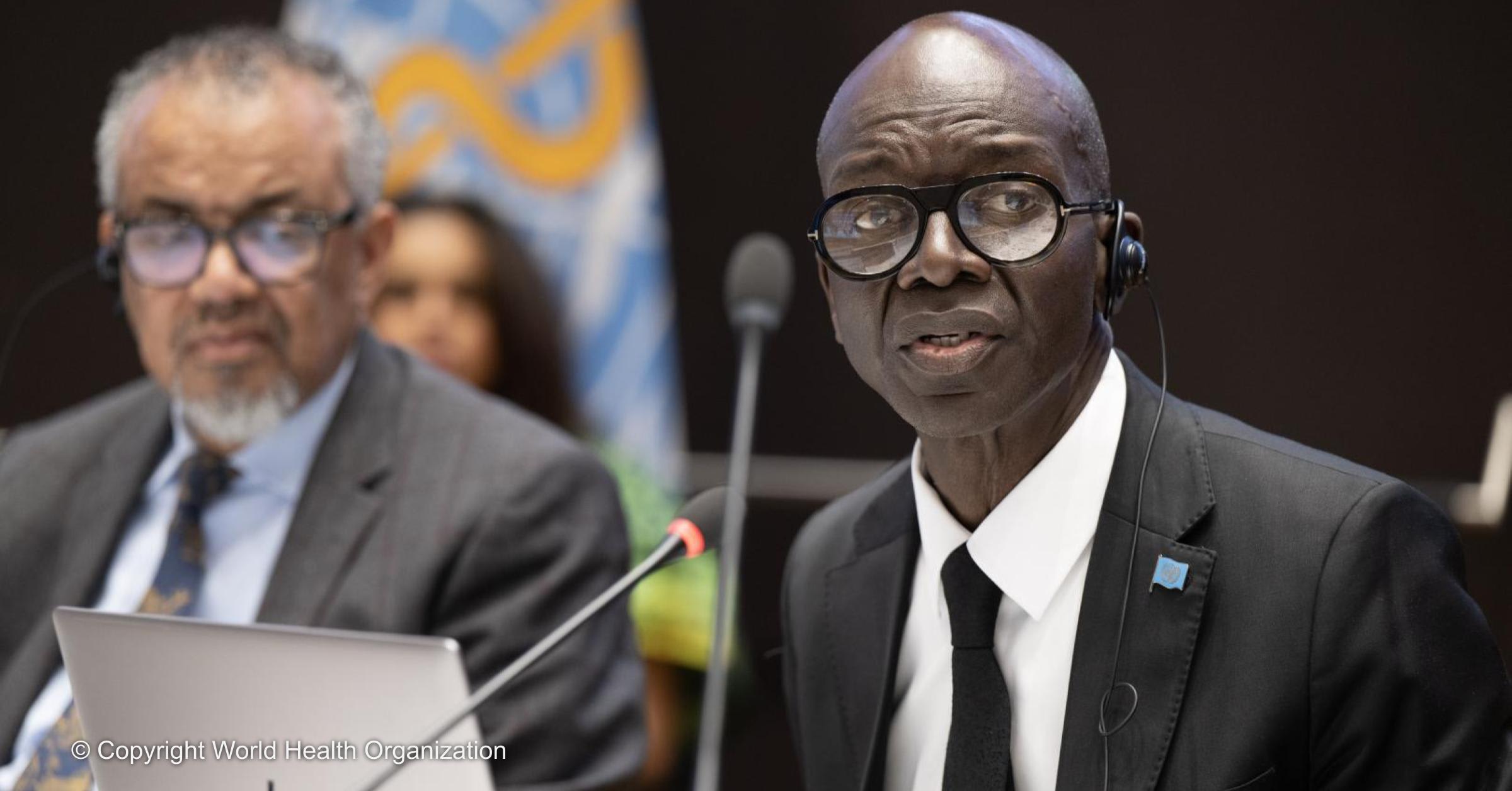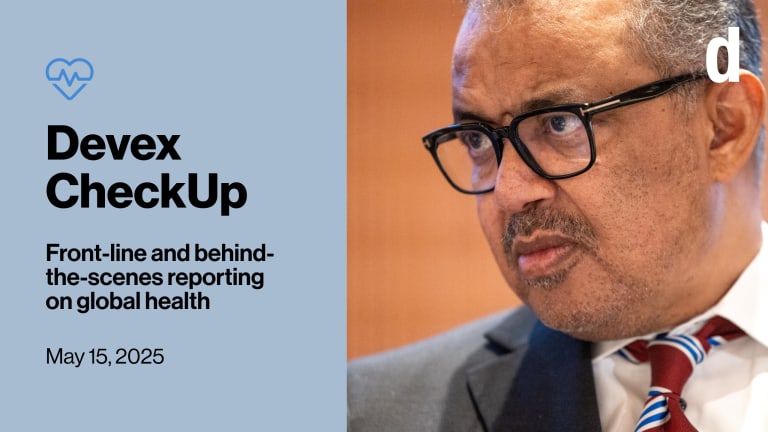This month, the World Health Organization’s Regional Office for the Eastern Mediterranean, or WHO EMRO, will elect its next regional director. With only one female candidate out of six in the running, this is a prime opportunity to critically analyze WHO's leadership rulebook, and how it needs to be adapted to ensure gender-transformative leadership for health in the region, and globally.
In February 2017, colleagues including the head of Women in Global Health, Dr. Roopa Dhatt, issued a call to action for gender equality in global health, specifically highlighting the underrepresentation of women leadership within WHO. Six years later, this analysis reaffirms that women’s status in global health leadership remains unchanged, and in some cases, has even declined. We see this even in the World Health Assembly, or WHA, where there has never been more than 30% of women chief delegates, despite women comprising almost 75% of the health workforce in some countries.
Efforts to advance gender equity are especially important for the countries that are part of WHO’s Regional Office for the Eastern Mediterranean. The Global Gender Gap Report 2023, in which higher scores indicate worse gender gaps, ranks most EMRO countries above 130 of the 145 included countries. The report estimates that it will take around 150 years for the Middle East and North Africa region to close this gender gap, which remains the largest of all regions.











